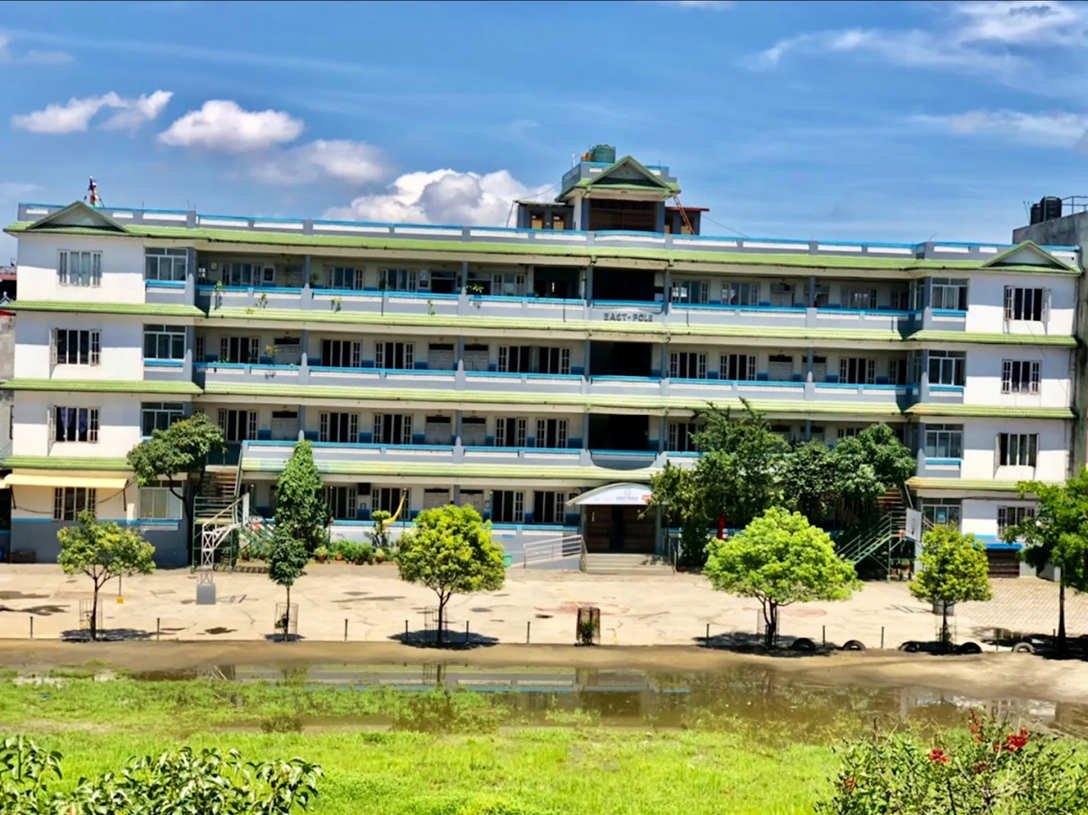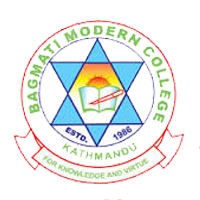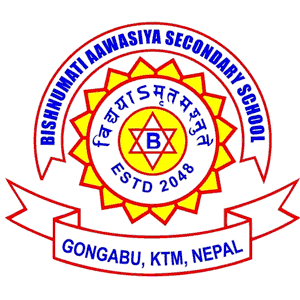Overview
Ten Plus Two (+2) Science at East-Pole International College, Jorpati, Kathmandu
Ten Plus Two (+2) Science at East-Pole International College, Jorpati, Kathmandu follows the National Examination Board (NEB) framework. Students study Physics, Chemistry, Biology or Computer Science, and Mathematics within a structured timetable, supported by science laboratories, computer facilities, and library resources on campus. This course suits students who plan for engineering, health sciences, computer science, or pure sciences in Nepal and abroad.
The college maintains clear classroom routines, regular assessments, and practical sessions. Teachers focus on concept clarity, measurement skills, and report-writing, so you learn to handle formulas, experiments, graphs, and data with care.

Highlights
-
NEB +2 Science stream with core subjects and practical work.
-
Campus location: Jorpati, Gokarneshwor-05, Kathmandu.
-
Science labs for physics, chemistry, and biology exercises.
-
Computer lab for data handling, simulations, and reports.
-
Periodic tests, pre-board trials, and lab record checks.
-
Guidance for subject selection, exam preparation, and next steps.
Curriculum Details
-
Physics: Mechanics, waves, heat, electricity and magnetism, optics, and introductory modern topics. Practical work includes measurement, uncertainty, instrument use, and graphing.
-
Chemistry: Physical, inorganic, and organic chemistry. Practicals train you in titration, qualitative tests, stoichiometry, and lab safety.
-
Biology or Computer Science:
-
Biology: Cell biology, genetics, ecology, human physiology; field or lab observations with structured records.
-
Computer Science: Programming basics, data structures concepts, and problem-solving mindset; lab tasks using standard tools.
-
-
Mathematics: Algebra, trigonometry, coordinate geometry, and calculus; problem sets to build speed and accuracy.
-
English and Nepali: Language proficiency for reports, presentations, and exams.
Objectives
-
Build strong fundamentals in physics, chemistry, mathematics, and either biology or computer science.
-
Develop practical lab habits, calculation accuracy, and clear documentation.
-
Prepare students for entrance tests where required (engineering, health sciences, or CS) through steady practice and mock exams.
-
Encourage study discipline, punctual submission of records, and ethical academic conduct.
Scope
-
Undergraduate pathways: Engineering, MBBS/BSc Nursing and allied health (subject to national exams), BSc CSIT, BSc in Physics/Chemistry/Biology, Pharmacy, Biotechnology, Agriculture, Forestry, Environmental Science.
-
Alternative routes: Business or social sciences after science base, if you re-evaluate interests.
-
Geographic mobility: Recognition of NEB credentials for applications in Nepal and abroad (equivalence rules apply).
Learning Outcomes
By the end of +2 Science, students can:
-
Apply formulas and concepts to solve numerical and conceptual questions.
-
Carry out experiments, maintain lab records, and interpret data with uncertainty in mind.
-
Write clear reports and short answers during internal and board assessments.
-
Demonstrate time management during long-form questions and lab practicals.
Skill Development Modules
-
Quantitative skills: Algebra and calculus practice with timed sets.
-
Scientific writing: Aim, theory, apparatus, procedure, observation, calculation, error analysis, conclusion.
-
Digital literacy: Spreadsheet use for data tables and charts; basic coding for CS option.
-
Presentation: Short seminars on selected topics to build confidence.
Teaching Methodology
-
Classroom sessions for concepts and problem-solving.
-
Lab practicals scheduled as per NEB plan; lab notebooks checked regularly.
-
Unit tests and pre-boards to simulate NEB patterns.
-
Peer discussion and guided tutorials for tricky topics.
-
Counseling for subject choices and exam strategies.
Admission Requirements
-
NEB eligibility for +2 Science as per current year’s rule.
-
Optional Mathematics is encouraged for students planning engineering, CS, or physics-heavy tracks.
-
Application form, photos, academic transcripts, character certificate, and ID copies; migration certificate if applicable.
-
Internal screening or interview when scheduled.
Career Opportunities
-
STEM degrees leading to roles in engineering, health services (after national exams), research labs, software, data work, and technical sales.
-
Entry-level junior technician or assistant roles may exist after bachelor studies; plan long-term with a clear undergraduate target.
Scholarships and Financial Aid
-
Merit support for strong academic performance.
-
Need-sensitive aid subject to documentation and internal policy.
-
Renewal linked to attendance and exam standing.
Why Choose This Course?
-
Structured NEB Science pathway with practical exposure.
-
Steady classroom routines and mock assessments that reduce exam anxiety.
-
Guidance for entrance preparation through practice sets and counseling.
-
Location accessible to students from Kathmandu and nearby areas.
Conclusion
+2 Science at East-Pole International College offers lab-supported learning and board-aligned preparation in a consistent academic setting. Students who stay organized, maintain records, and practice regularly will be ready for NEB exams and university-level science routes.
FAQ
1) Can I switch from Biology to Computer Science or vice versa?
Subject changes depend on seat availability, early timelines, and NEB rules. Check with the office.
2) Is Optional Mathematics required?
It strongly supports physics-heavy paths and engineering/CS plans. Many students take it.
3) How are practical marks managed?
Through lab records, internal checks, and board practicals per NEB guidelines.
4) Does the college guide for entrance tests?
Teachers offer practice questions and advice. Students often form study groups.
5) Are extra classes offered near exams?
The college schedules revision blocks and pre-boards before NEB finals.























